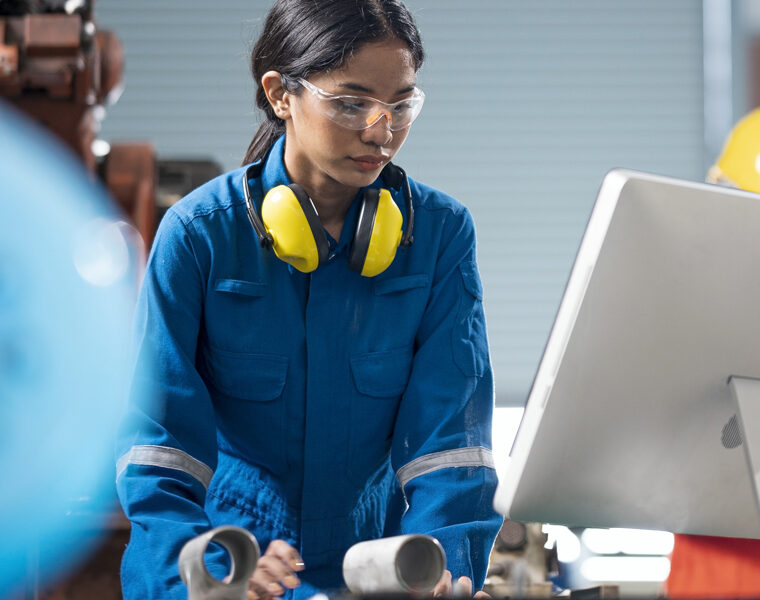404
Apologies, we cannot find what you’re looking for.
Latest from the Future Skills Centre
- Artificial Intelligence
- Career Services
- Future Skills
- Inclusive Economy
- Innovation and scaling
- Labour Market Information
- Microcredentials
- Pathways to Jobs
- Quality of Work
- Sectors
- Skills Training
- SME Adaptability
- Sustainable Jobs
- Tech and Automation
- Work-integrated Learning
Projects
Project
Energy to Digital Growth Education and Upskilling Project
The Energy to Digital Growth Education and Upskilling Project (EDGE UP 2.0) is a sector-based training program designed to help displaced mid-career oil and gas professionals transition into IT roles in Calgary.
Project
Calgary Regional WIL Secretariate and Platform
This project sought to revitalize the Calgary regional labour market by developing a more inclusive and comprehensive model for coordinating work-integrated learning (WIL) opportunities.
Research
Research
Optimizing Career Services: Resources for Post-Secondary Career Professionals
Career development professionals (CDPs) play an important role in preparing post-secondary students for the workforce. To do this effectively, they need access to high-quality, easy-to-use resources and labour market information.
Research
Training for Tomorrow
Transitioning to a low-carbon economy will bring changes to the Canadian workforce.
The Conference Board of Canada, on behalf of the Future Skills Centre, is researching how measures to reduce greenhouse gas emissions will affect demand for skilled tradespeople in construction and how education and training programs can prepare to meet this demand.
Engagement
In the Media
Overskilled and Underused? What PIAAC Reveals About the Canadian Workforce
Content from: HigherEd Strategy, Alex Usher | April 24, 2025
Today my guest is the CEO of Canada’s Future Skills Centre, Noel Baldwin. Over the past decade, both in his roles at FSC, his previous ones at the Council Minister of Education Canada, he’s arguably been one of the country’s most dedicated users of PIAAC data. As part of Canada’s delegation to the OECD committee in charge of PIAAC, he also had a front row seat to the development of these tests and the machinery behind these big international surveys.
In the Media
Two new AI tools to help you land a job
Content from: Betakit, Jacqueline Loganathan | March 13, 2025
Artificial intelligence has quietly moved from behind the scenes to the front lines of hiring.
Companies are now relying on AI to sift through résumés, rank candidates, and forecast job performance, sometimes before humans even get involved. Speed and automation now help dictate who gets a foot in the door.
Latest Content
In the Media
Overskilled and Underused? What PIAAC Reveals About the Canadian Workforce
Content from: HigherEd Strategy, Alex Usher | April 24, 2025
Today my guest is the CEO of Canada’s Future Skills Centre, Noel Baldwin. Over the past decade, both in his roles at FSC, his previous ones at the Council Minister of Education Canada, he’s arguably been one of the country’s most dedicated users of PIAAC data. As part of Canada’s delegation to the OECD committee in charge of PIAAC, he also had a front row seat to the development of these tests and the machinery behind these big international surveys.
Project
Energy to Digital Growth Education and Upskilling Project
The Energy to Digital Growth Education and Upskilling Project (EDGE UP 2.0) is a sector-based training program designed to help displaced mid-career oil and gas professionals transition into IT roles in Calgary.
Project
Calgary Regional WIL Secretariate and Platform
This project sought to revitalize the Calgary regional labour market by developing a more inclusive and comprehensive model for coordinating work-integrated learning (WIL) opportunities.







